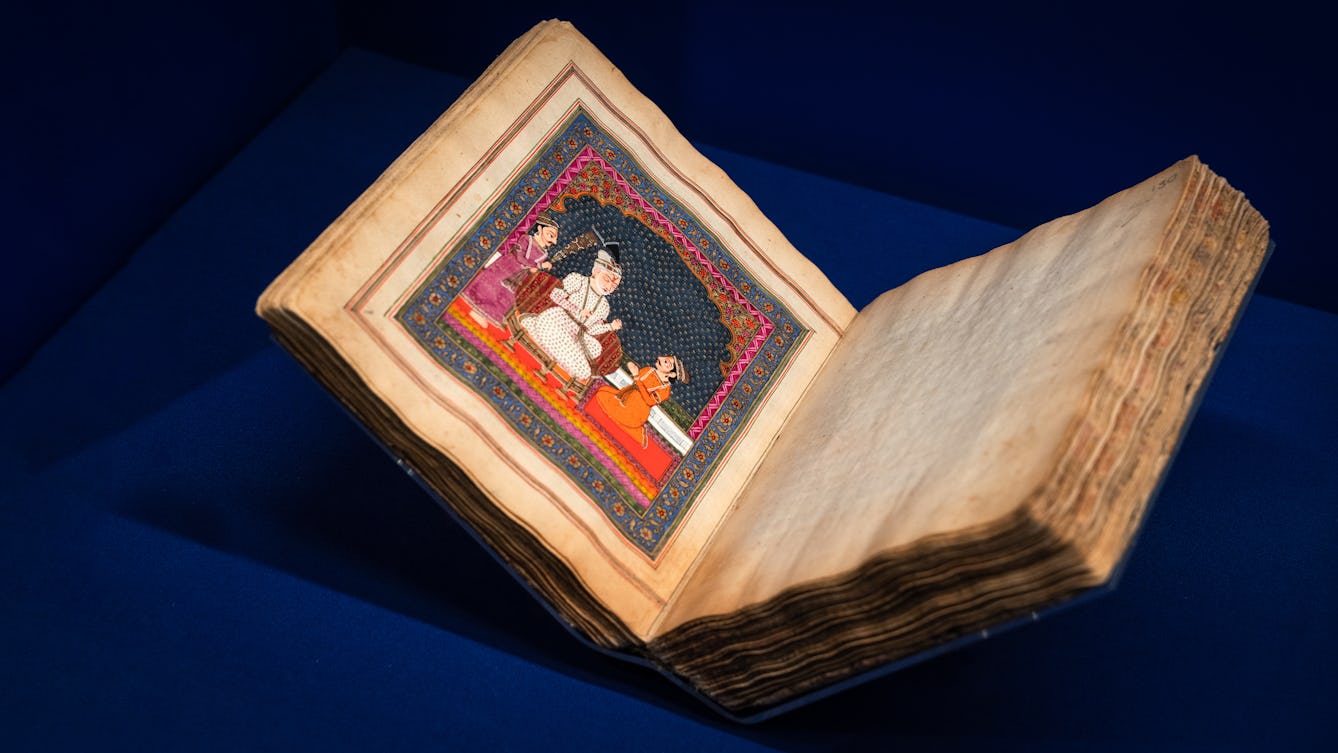
- Article
- Article
The eye of darshan
The Hindu concept of darshan means “divine revelation”, but it’s also about the multilayered ways in which we see the world around us. Adrian Plau explains how one image in a Panjabi manuscript relates to darshan, and why it’s so striking.
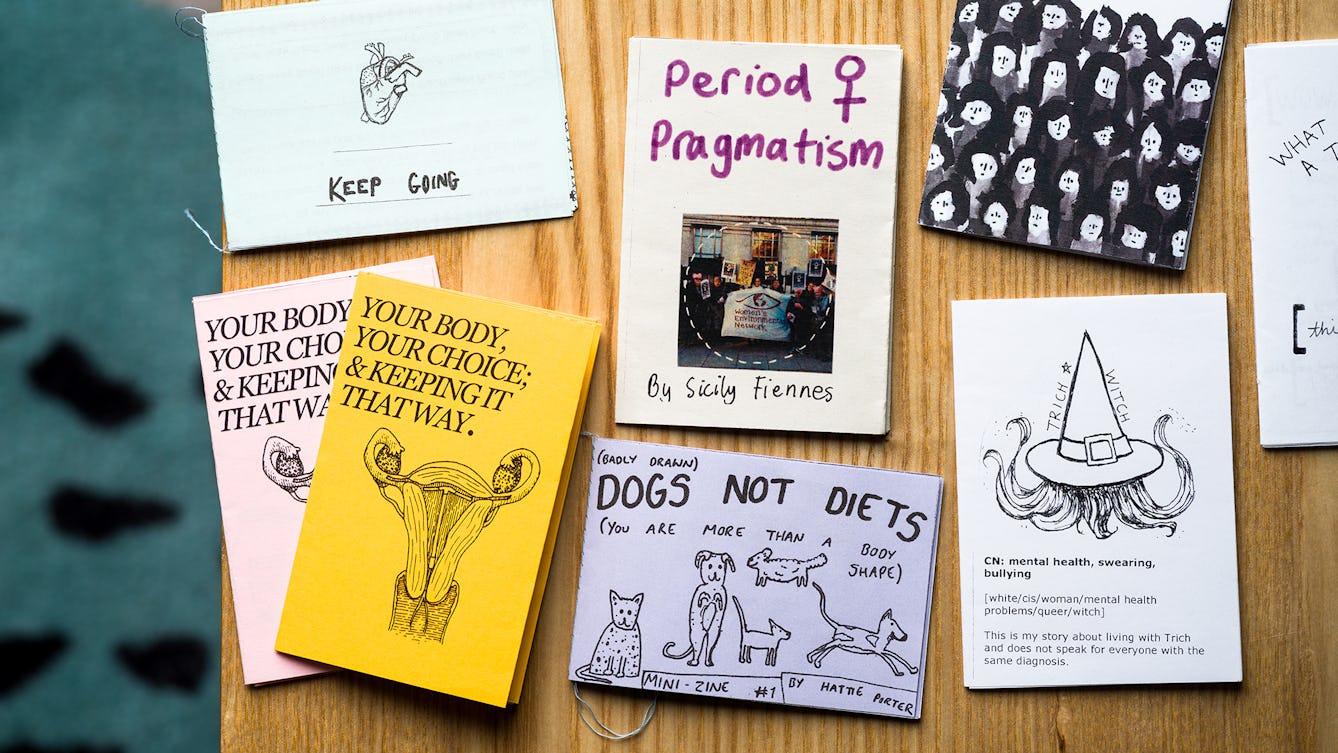
- Article
- Article
Six personal health zines that might change your life
Personal zines put health conditions back in the hands of the people who experience them. Here are six that Wellcome Collection staff love.
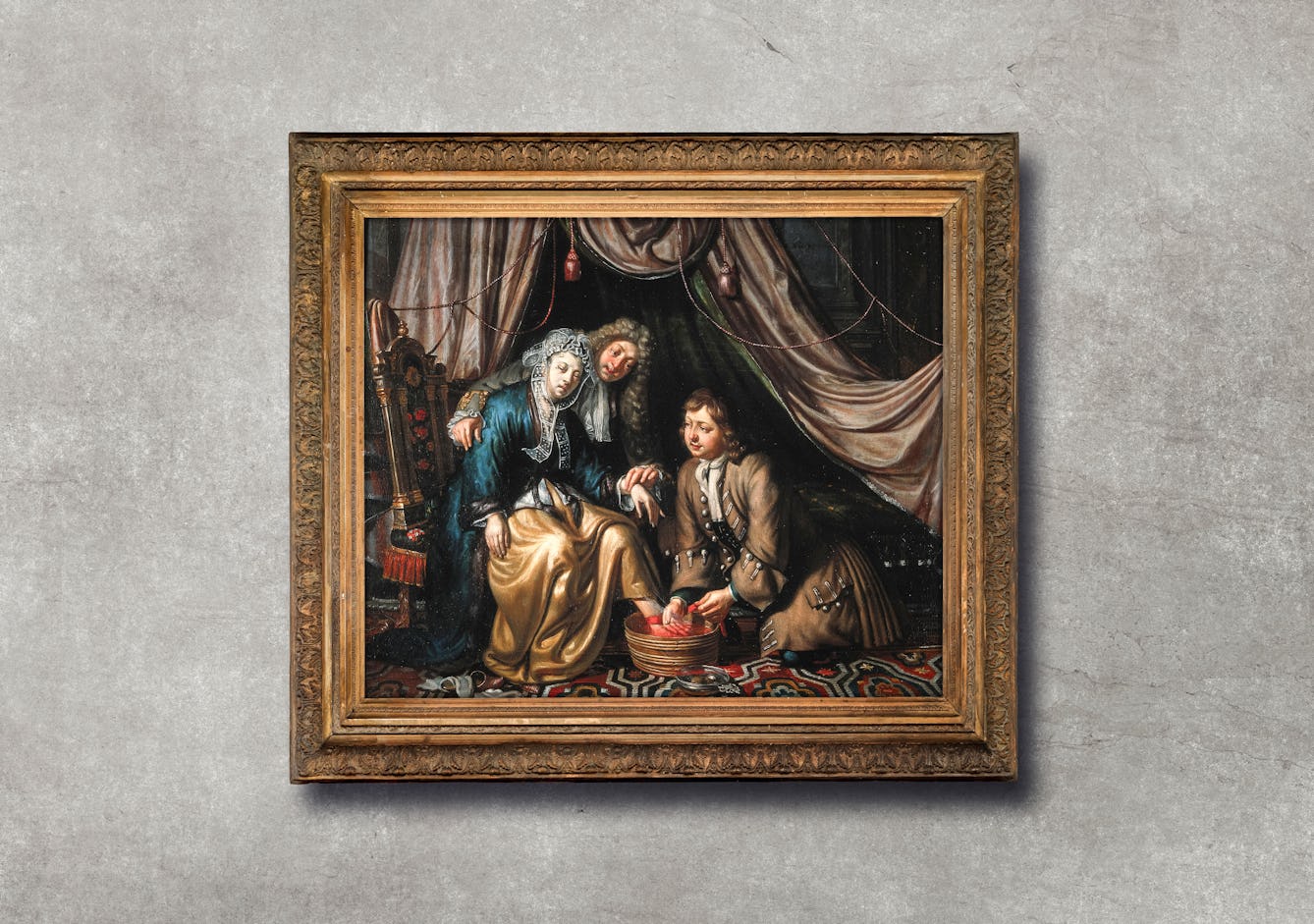
- Article
- Article
Bleeding healthy
For thousands of years, and in many different cultures, people have practised bloodletting for health and medical reasons. Julia Nurse explains where and when bleeding was used, how it was done, and why.

- Article
- Article
Menstruation, magic and moon myths
Why do stories cloaking periods in magic and mystery persist? Pragya Agarwal argues against myth-making and for inclusive menstrual education, grounded in fact.

- Article
- Article
The first seizure
Historian Aparna Nair had her first seizure when she was 11. Here she recalls that first time, and how other people’s reactions are sometimes the most disturbing part about having a seizure.
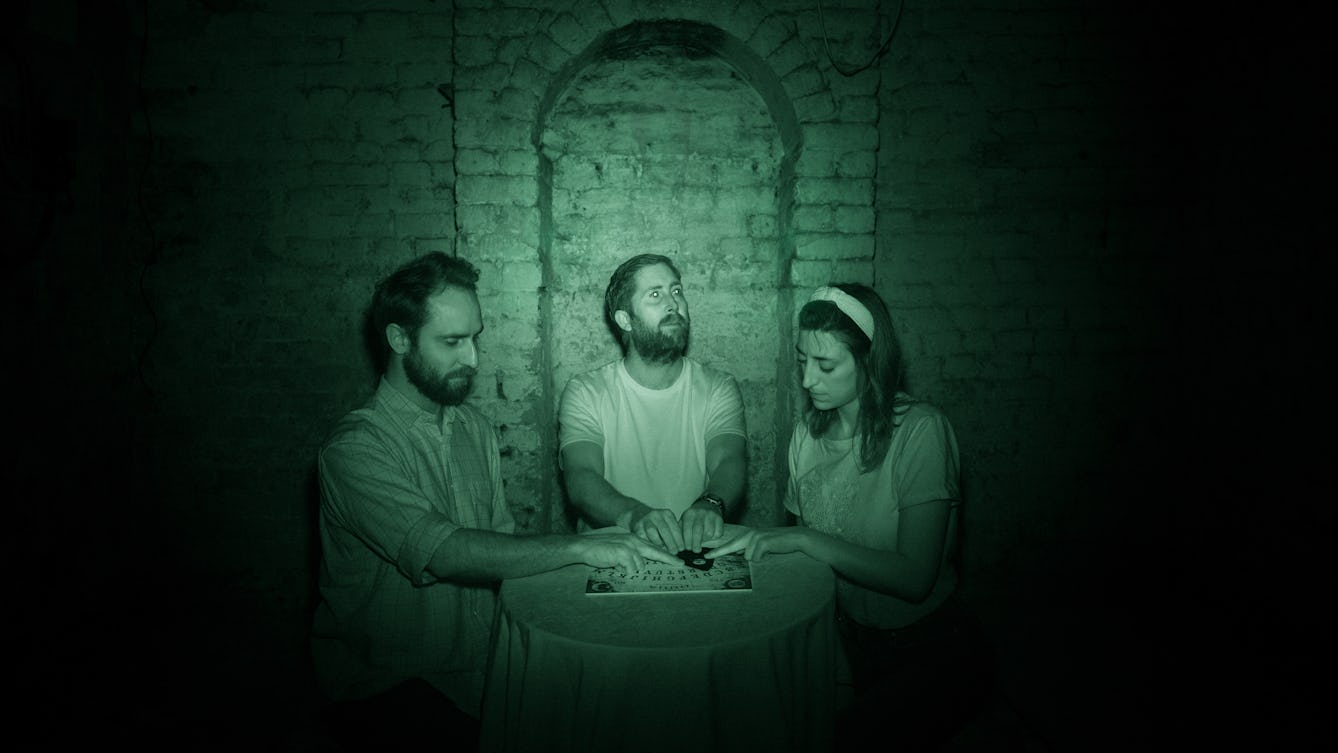
- Book extract
- Book extract
The psychology of Ouija
Explore the science behind table tilting and Ouija boards, and discover how the unscrupulous still make money from exploiting the ‘ideomotor’ effect.

- Article
- Article
A brief history of tattoos
The earliest evidence of tattoo art dates from 5000 BC, and the practice continues to hold meaning for many cultures around the world.

- Article
- Article
The healing power of the physic garden
Having experienced the healing power of plants and gardens, Iona Glen goes in search of present-day “physic gardens” and their origins in history.

- Article
- Article
The ugly truth about fast fashion
Aja Barber reflects on her relationship with fast fashion, outlines its polluting and destructive effects, and shares the small, personal changes we can make that could help.

- Article
- Article
The epilepsy diagnosis
Epilepsy exists between the mind and body, something that Aparna Nair experienced for herself when she was diagnosed as a teenager.

- Article
- Article
Bloody capitalism and the cash flow of the menstrual cycle
Once they thrived on taboos and shame. Now period-product manufacturers are finding new ways to flourish in this era of period activism – but products aren’t the end of the story.

- Article
- Article
The desire for lighter skin
Discover why some Black people feel more attractive with lighter skin. Ngunan Adamu speaks to three women who explain how they got hooked on skin bleaching.
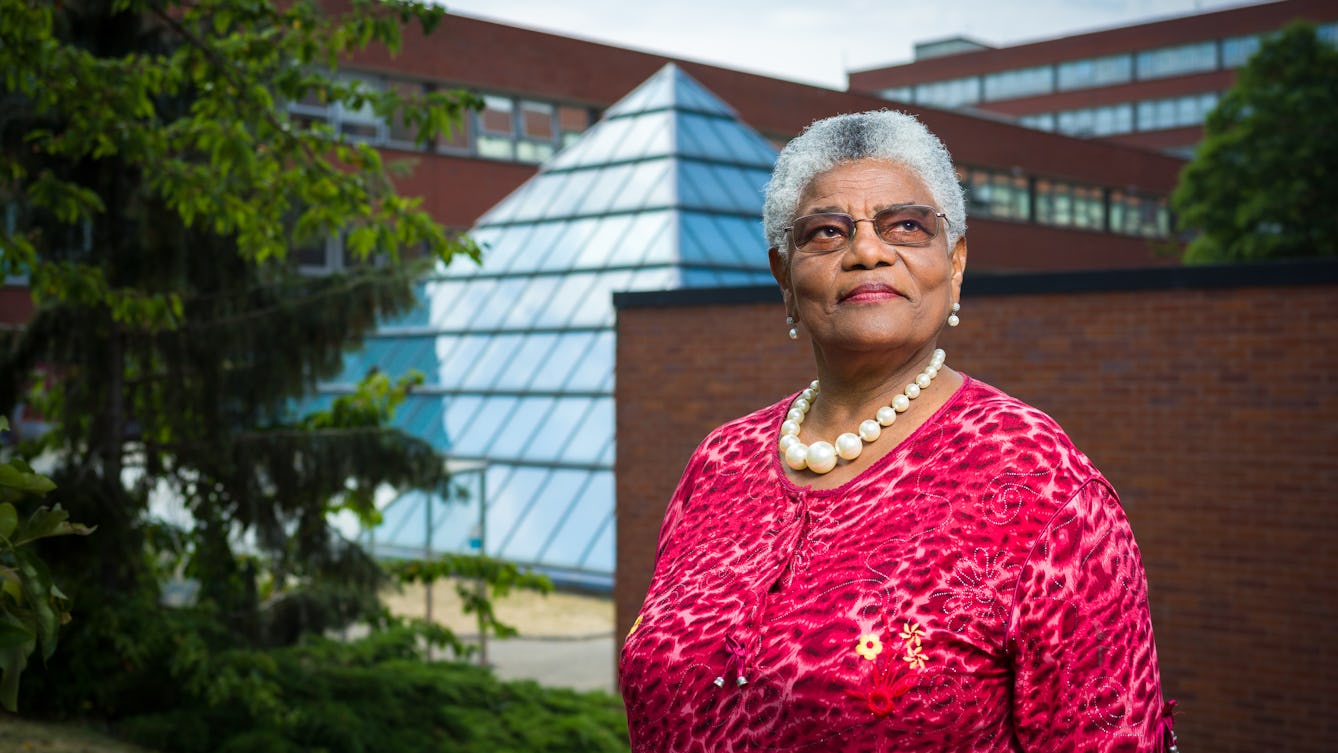
- Article
- Article
Medics, migration and the NHS
In the 1960s the NHS became Britain’s biggest employer. So to help fill all those jobs, the government brought in thousands of workers from abroad.

- Article
- Article
How to cure the eco-anxious
Could community activism be the key to overcoming a fear of environmental collapse?

- Article
- Article
What our facial hair says about us
Five bearded and moustachioed men choose five hirsute archive images to help them reflect on the way facial hair is linked with personality and identity.

- Article
- Article
How nature is defending itself in court
The idea that nature has legal rights is increasingly being taken seriously, but who gets to speak for it? Isabella Kaminski asks how the non-human can be represented within a human-made system.

- Article
- Article
Hunting lost plants in botanical collections
A bark specimen at Kew recalls the story of a South American man who harvested the most potent source of the only effective malaria treatment available in the late 1800s. Killed for his work and forgotten by history, Manuel Mamani was a victim of the colonial juggernaut.

- Article
- Article
Notes upon arrival
In an effort to feel at home back in the country of her birth, poet Bhanu Kapil recognises the small revelations of nature in a chilly UK spring as a way to reconnect.

- Article
- Article
Thalidomide, a bitter pill
Hear from some of the women who took the drug thalidomide over sixty years ago about the fear, isolation and grief that they experienced as the appalling pharmaceutical scandal unfolded around them.
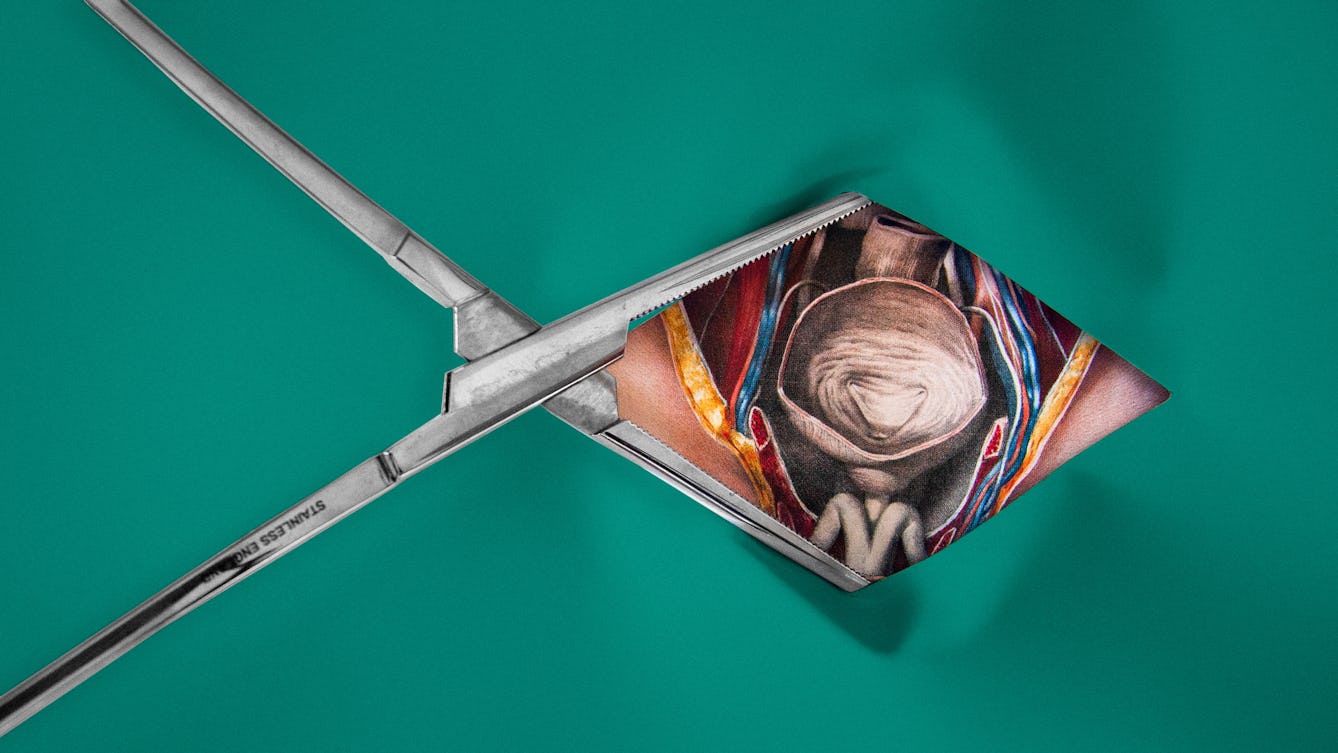
- Article
- Article
The extraction of the excruciating bladder stones
Among those vying to find alternatives to major surgery for bladder stones, young doctor Jean Civiale stood out, painstakingly honing a method that was to become the norm.
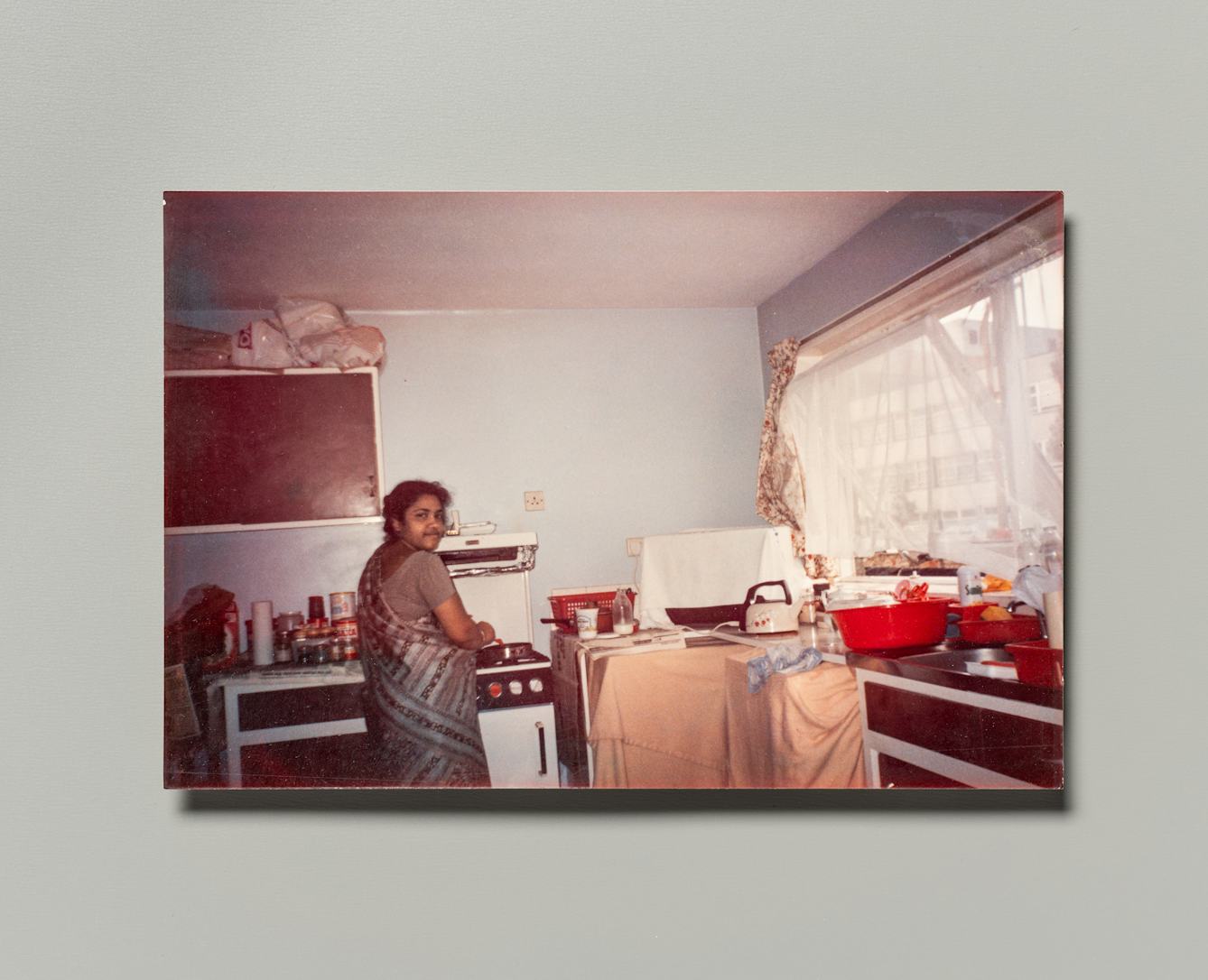
- Article
- Article
Doctor in the house
A house is not always a home – sometimes it’s impermanent, impersonal. But other aspects of the itinerant life can be the source of a sense of home.
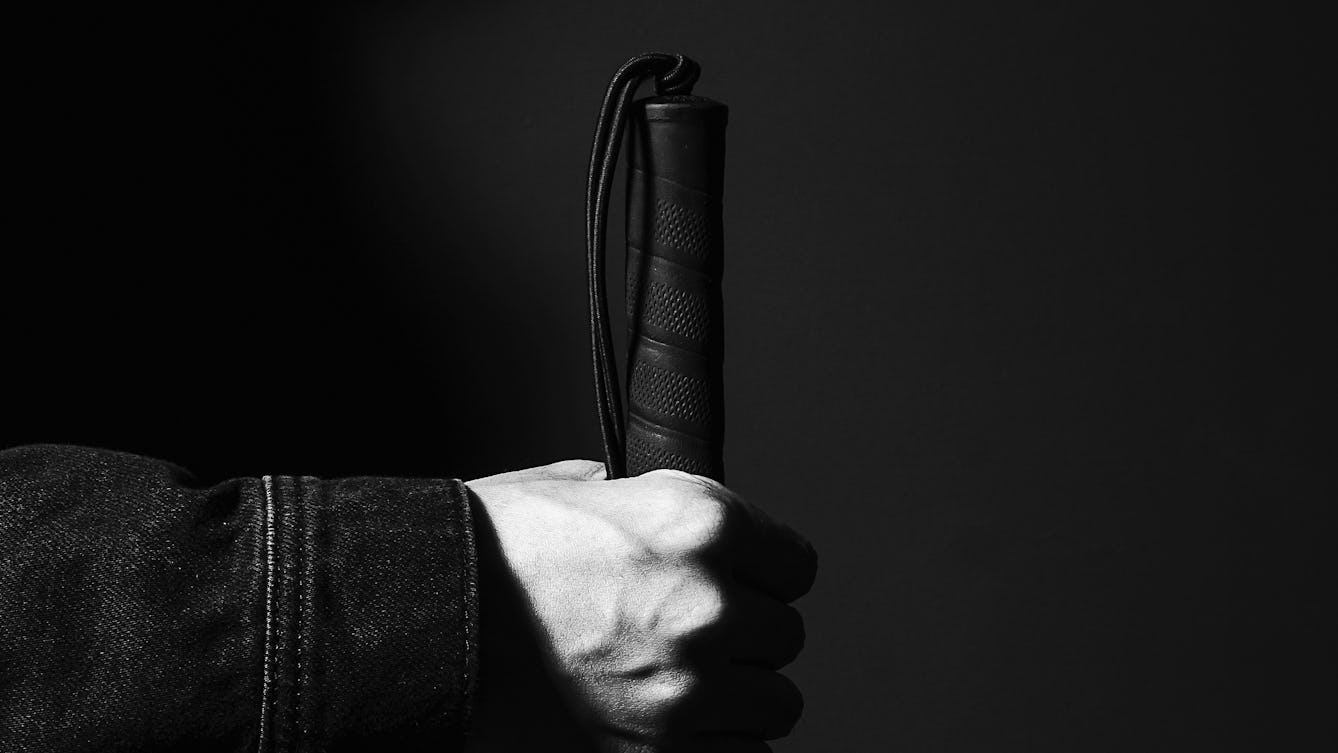
- Article
- Article
The unimprovable white cane
Recent technological additions to the white cane aim to make the world easier for visually impaired people to navigate. Alex Lee explores whether new is really better.

- Article
- Article
How to talk to kids about race
When her daughter decided blonde was best, a red flag went up for Pragya Agarwal. In this essay, the behavioural scientist discusses childhood development, race and representation.

- Article
- Article
Cowpox, Covid-19 and Jenner’s vaccination legacy
The well-known story of vaccination pioneer Edward Jenner has at its heart his drive to make vaccines free of charge and available to all. Now his principles extend to the global campaign for a people’s patent-free vaccine for Covid-19.
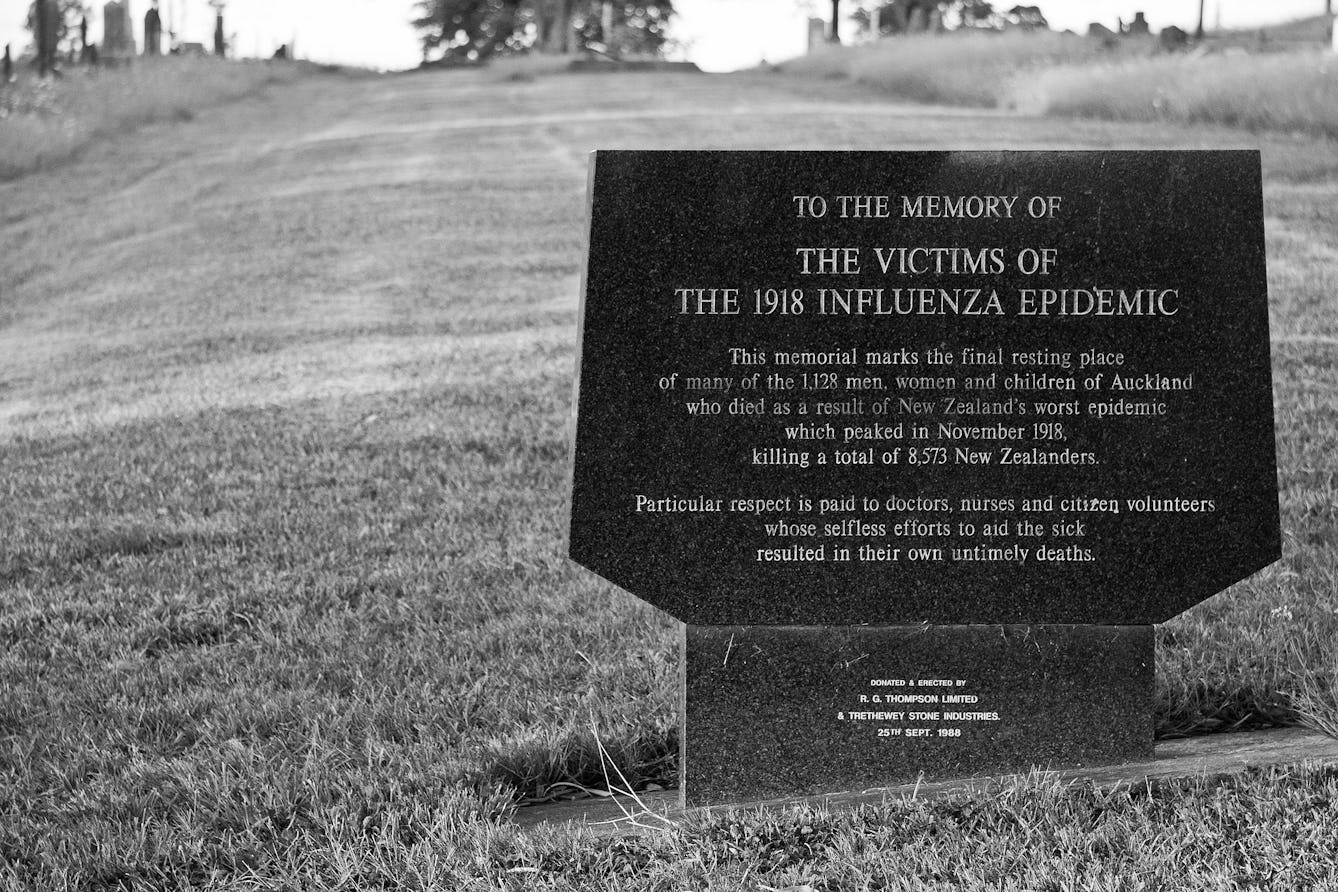
- Article
- Article
Why the 1918 Spanish flu defied both memory and imagination
The Black Death, AIDS and Ebola outbreaks are part of our collective cultural memory, but the Spanish flu outbreak has not been.